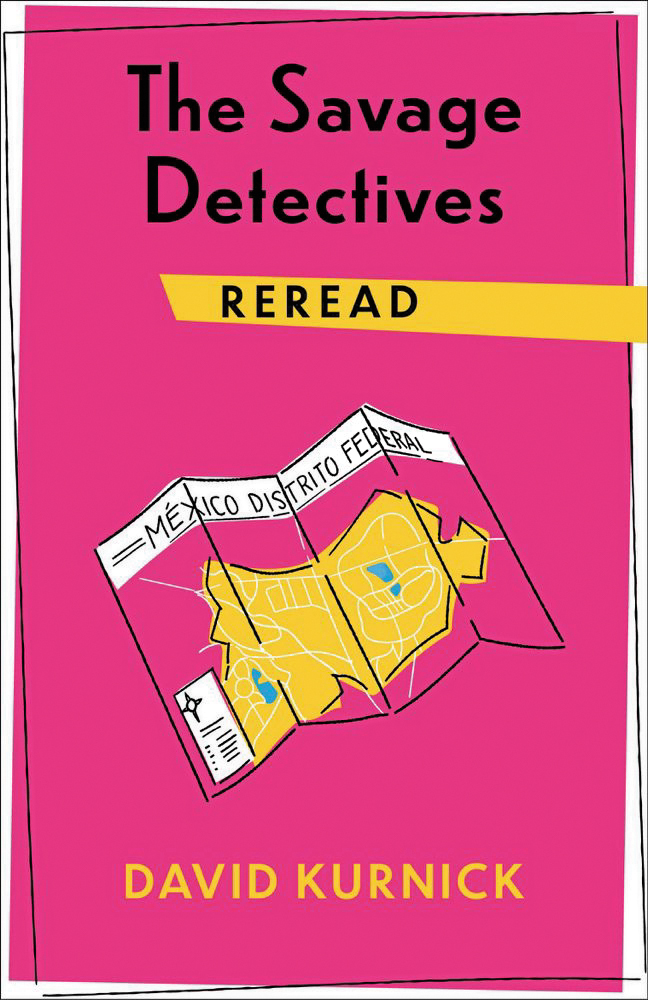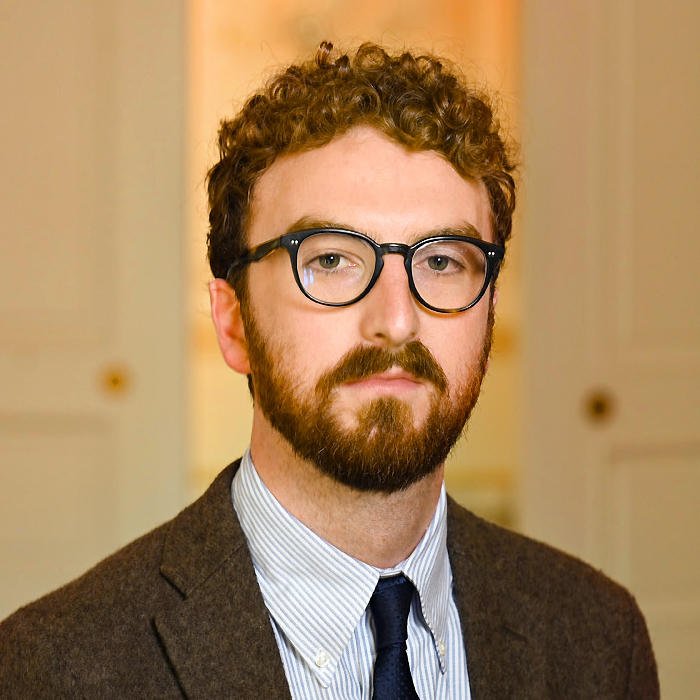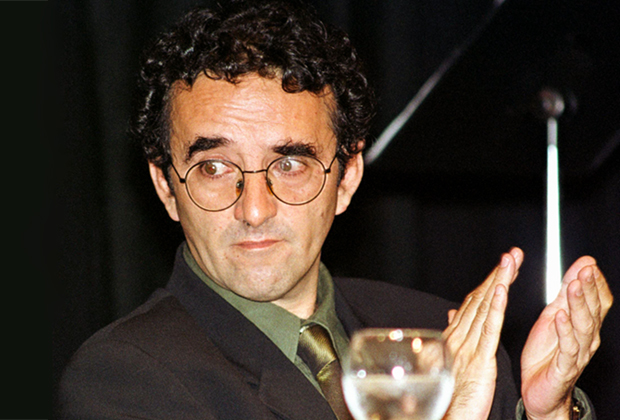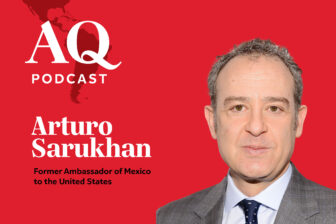This article is adapted from AQ’s special report on the Summit of the Americas
Is it still cool to like Roberto Bolaño? As recently as the late 2000s, there were few authors who inspired more excitement and reverence than this late Chilean. His 1998 novel The Savage Detectives, translated into English in 2007, hypnotized readers across the Americas with a mix of mystery, Bildungsroman, and oral history of Mexico City’s 1970s avant-garde.
But lately Bolaño-mania seems to have given way to second thoughts. David Kurnick, at the start of his new book looking at the legacy of The Savage Detectives, recalls how a prominent Latin American critic called Bolaño overrated at a recent academic conference—inspiring hoots of delight from the audience.
The backlash has extended to the U.S., too. A recent piece in The Drift magazine wondered if Latin American literature in translation was doomed to endless cycles of boom and bust, with Bolaño the latest installment. Kurnick frets about being seen as one of “those” gringos traipsing around Mexico City with a copy of The Savage Detectives.
On one level, it was strange in the first place that The Savage Detectives made such a big splash in the U.S. As Kurnick notes, Bolaño’s work ignores the U.S. almost entirely, and is immersed in the inside baseball of Latin American literature.
For example, few U.S. readers would recognize the name of Carlos Monsiváis, a towering figure of Mexican intellectualism, when he appears in The Savage Detectives to lambast its protagonists for disliking Octavio Paz. For Bolaño’s Latin American readers, on the other hand, the appearance of Monsiváis was an absurd, unexpected joke—the equivalent of having Christopher Hitchens appear in your novel.
Yet make a splash the book did—with a U.S. marketing campaign that relied on “exoticism,” says Kurnick. One contemporary review recommended Bolaño be read alongisde “a platter of pisco sours.” “Hard to imagine the Times recommending Manischewitz to accompany your (Philip) Roth,” Kurnick acidly remarks.
Latin American critics accuse Bolaño of being apolitical to cater to a U.S. audience. Irreverent but sympathetic, he has sometimes run afoul of a new U.S. censoriousness. (Kurnick, a gay man himself, correctly rebuts the charge that Bolaño writes about homosexuality in a macho manner.)

The Savage Detectives Reread
by David Kurnick
Columbia University Press
Paperback
224 pages
Kurnick, writing more in the tone of an admiring reader than a critic, rightly insists that the problem is not with Bolaño but with some of his U.S. readers. Bolaño, he argues, did not sell out the radical politics of the Latin American 1970s. On the contrary, he pioneered a new form of writing committed to a cause: not as a “heroic decision” but rather as an “acknowledgement that the commitment happens to you.” At a time when other writers declared that Latin America was a dead concept, Bolaño testified to an inescapable bond with his generation and his region.
As for his U.S. reception, it turns out you don’t need to understand the references to love Bolaño’s characters for their ravenous appetites—for books, for sex and companionship, for the avant-garde and all things Latin American. Readers in the U.S. might like his books in part because they demonstrate that Latin American writers have more fun and put more on the line.
It’s cliché to say that a writer can give you faith in literature: In Bolaño’s case the reverse may be true. He shows, page by page, that for his characters literature is a creed—a demanding one, to which they sacrifice much and sometimes all. And his popularity stands as proof that readers, in the U.S. and everywhere, long for writers who treat literature as something more than merely a career.








